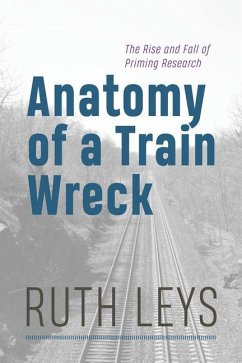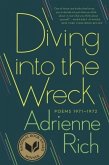"In 2012 a team of Belgian scientists reported that they had been unable to replicate an iconic psychology experiment in the field known as priming. The original experiment purported to show the influence of stimuli on the behavior of experimental subjects, specifically their automatic tendency to walk more slowly when they were "primed" by words connoting old age. The failed replication contributed to an emerging debate over what had gone wrong in psychology, as many other well-known priming and related experiments also soon proved to be unreplicable. According to Ruth Leys, the effect was to help precipitate a devastating reckoning from which not only the priming field but the psychological and cognitive sciences more generally have yet to recover. Understandably, the huge and bitter controversy has largely focused on methodological problems in the psychological sciences and on the steps needed to reform the field. But important as this literature on the failings of psychology has been, Leys argues that there has been no attempt so far to analyze the history of the scientific hypotheses and experimental practices that from the start have guided and motivated priming research itself. In other words, we lack what Leys calls a genealogy of the theoretical assumptions and scientific paradigms informing the research on priming and automatic behavior, and which can be seen to have led to the crisis of 2012. This is what her book provides"--
Hinweis: Dieser Artikel kann nur an eine deutsche Lieferadresse ausgeliefert werden.
Hinweis: Dieser Artikel kann nur an eine deutsche Lieferadresse ausgeliefert werden.








